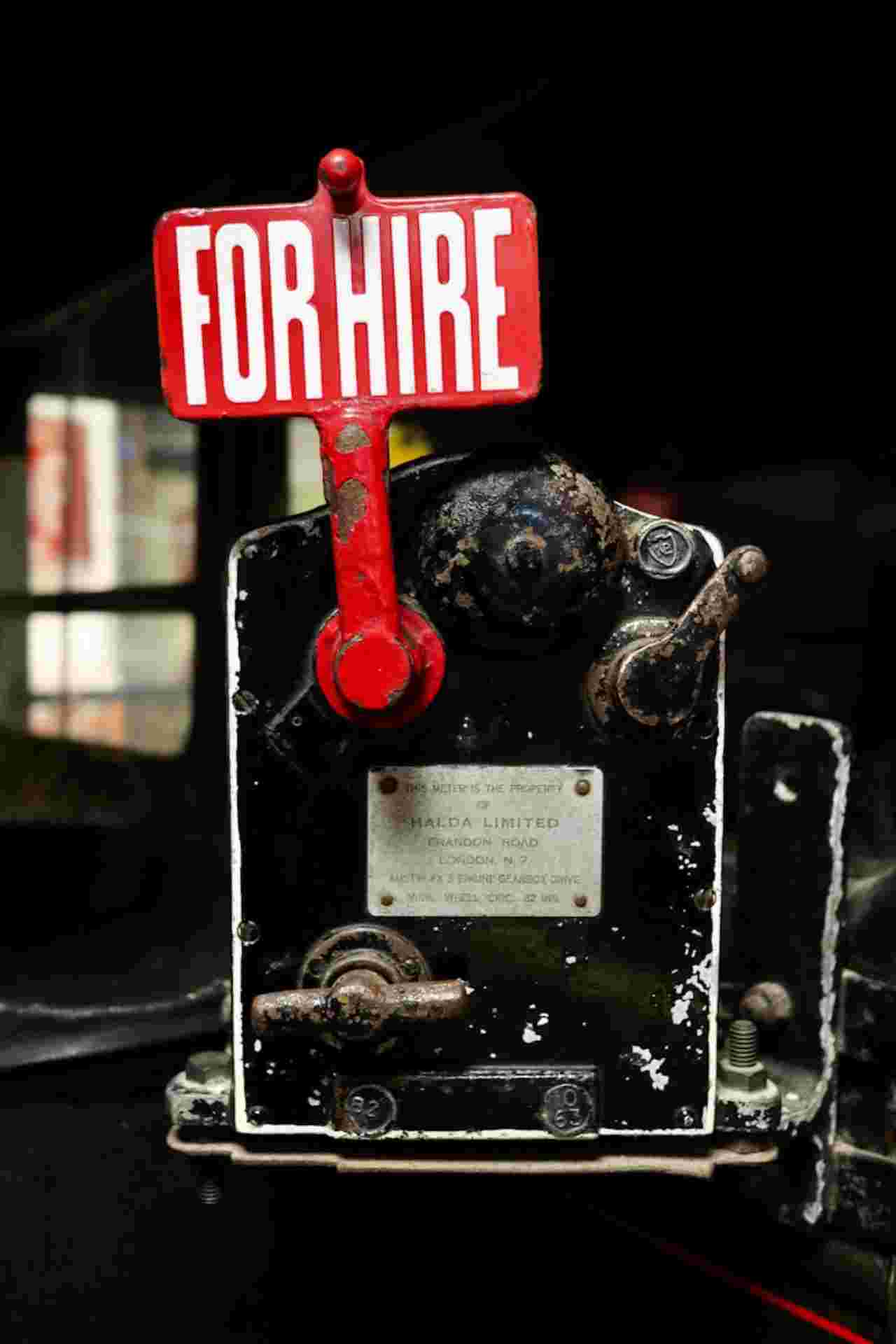Will AI and Automation Cause Mass Unemployment?

Essay Question
Some people believe that the rise of artificial intelligence (AI) and automation will lead to widespread unemployment, while others think it will create new opportunities and improve quality of life. Discuss both views and give your own opinion.
Sample Answer
The rapid development of artificial intelligence (AI) and automation has sparked intense debate about their long-term implications for employment and society. Some fear that these technologies will cause mass unemployment by replacing human workers, while others believe they will drive innovation and improve overall living standards. This essay will examine both perspectives before presenting my own view.
On one hand, the fear of job displacement due to automation is not unfounded. Machines are increasingly capable of performing tasks that once required human labor especially in manufacturing, transportation, and even customer service. Self driving vehicles, AI-powered chatbots, and robotic assembly lines are already replacing thousands of jobs globally. For low skilled workers, this trend poses a serious threat to job security and financial stability. Furthermore, as AI continues to advance, even professions once considered immune,such as legal analysis or medical diagnostics may become vulnerable to automation.
On the other hand, technological progress has historically led to the creation of new industries and roles. The rise of AI has already spurred demand for data scientists, machine learning engineers, and cybersecurity professionals. Moreover, by automating repetitive and dangerous tasks, AI can free humans to focus on more creative, strategic, or emotionally intelligent roles areas where machines still struggle. Proponents also argue that automation can enhance efficiency, reduce human error, and lower costs, ultimately contributing to economic growth and better quality of life. For example, AI in healthcare can assist doctors in early diagnosis, improving patient outcomes and saving lives.
In my view, while job displacement is a valid concern, the overall impact of AI and automation depends on how societies adapt. If governments and educational institutions invest in retraining programs and ensure equitable access to digital skills, then the workforce can transition smoothly into new roles. Rather than resisting change, a proactive approach focusing on lifelong learning and inclusive innovation can help turn technological disruption into a force for positive transformation.
In conclusion, although AI and automation may lead to job losses in certain sectors, they also present opportunities for growth, innovation, and societal benefit. With the right policies and preparation, the shift can enhance both employment prospects and quality of life.